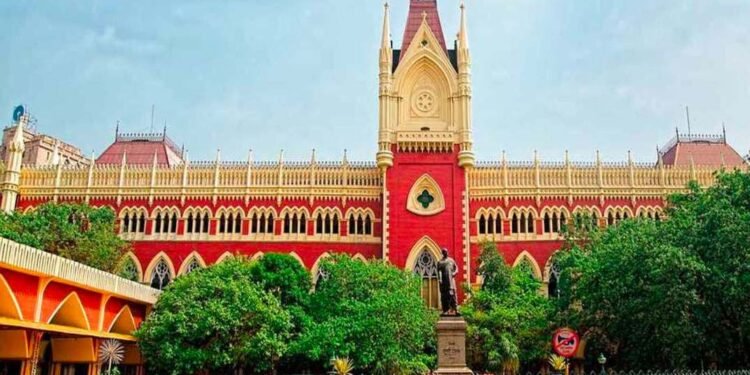Kolkata: Amid ongoing political friction between West Bengal and Odisha, the Odisha government informed the Calcutta High Court on Wednesday that no migrant workers from Murshidabad were arrested during the recent verification drive carried out in the state.
The clarification came in response to habeas corpus pleas filed by the families of two migrant workers, Sainur Islam and Rakibul Islam. Representing Odisha via video conference, Advocate General Pitambar Acharya informed the court that both individuals have safely returned to their homes in West Bengal and were never detained or arrested during the verification process.
Acharya defended the legality of the verification drive, stating that it was conducted under the framework of the Foreigners’ Act, which authorizes states to verify the status of individuals suspected of being illegal immigrants. He called the petitions filed on the matter “frivolous” and maintained that it was a lawful check of identity documents, not a case of unlawful detention. A status report has already been filed by the Odisha government in the matter.
The division bench, after hearing the submissions, directed the Odisha government to file an affidavit in opposition to the claims made by the petitioners by August 20. The petitioners have been asked to respond to the state’s affidavit by August 27, with the next hearing scheduled for August 29.
This legal battle has taken on a political dimension as West Bengal’s ruling Trinamool Congress (TMC) accused BJP-ruled Odisha of targeting Bengali-speaking migrant workers. TMC leaders claimed that over 400 labourers were rounded up in Odisha earlier this July on suspicions of being illegal immigrants, and alleged the entire operation was politically motivated ahead of Bengal’s upcoming Assembly elections.
The issue escalated when families of the two workers approached the High Court, supported by TMC MP and senior advocate Kalyan Banerjee, who argued that any assessment of an individual’s citizenship must be based on reason and legality, not linguistic or regional bias.
As the courtroom prepares for the next round of arguments, the incident continues to stir political debates on migrant rights, state powers, and the thin line between law enforcement and regional politics.






